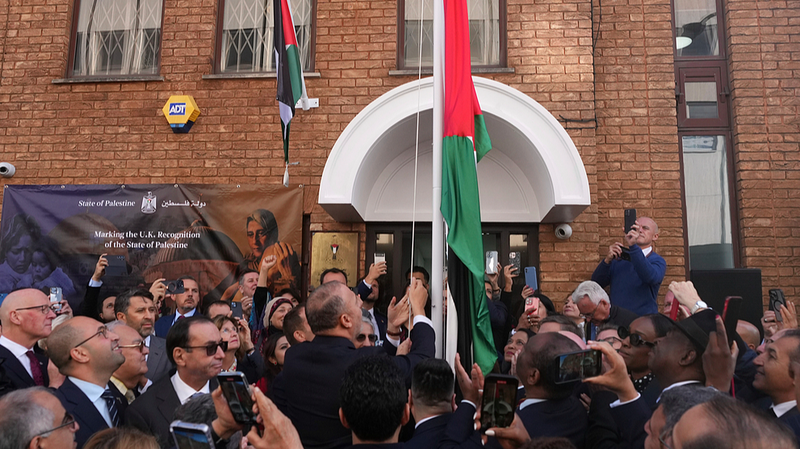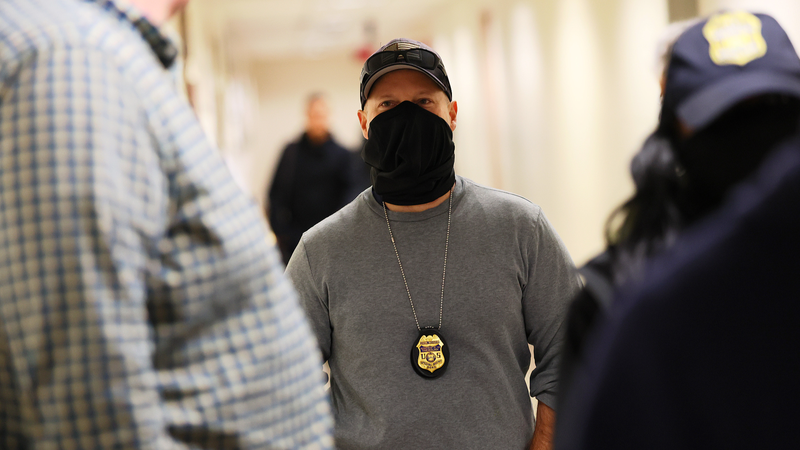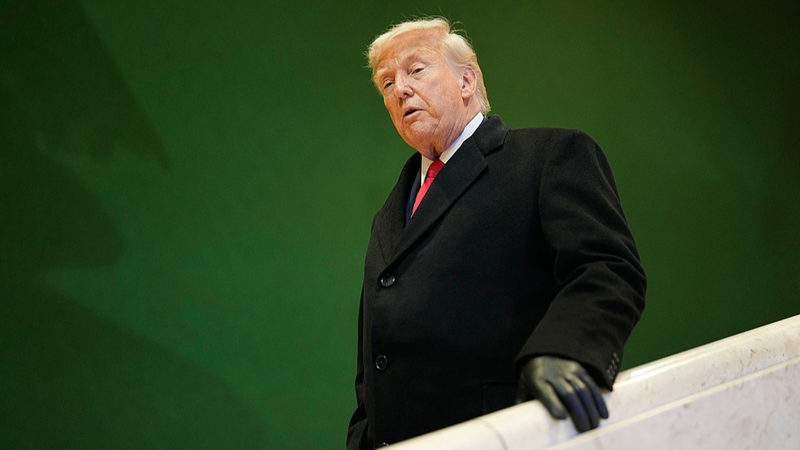A wave of new recognitions is rolling in! At a world summit hosted by France and Saudi Arabia, several more countries are set to officially recognize a Palestinian state on Monday, joining Australia, Britain, Canada and Portugal. This diplomatic splash has Israel on edge—but what does it actually mean for Palestinians? Let's break it down! 🌍✨
Where things stand today
The Palestine Liberation Organization declared statehood in 1988, and today about 150 of the 193 UN members already recognize Palestine. The State of Palestine holds observer status at the UN—but still can't vote. Plus, the Palestinian Authority (PA) in the West Bank, led by President Mahmoud Abbas, manages passports, healthcare and education in its territories. Meanwhile, Hamas has run the Gaza Strip since 2007.
Embassy upgrades and diplomacy
When a country recognizes Palestine, its mission typically upgrades to a full embassy level. Yet fully fledged embassies on the ground in Palestinian territories aren't likely just yet, since Israel controls access to these areas. Still, around 40 nations have consulates or rep offices in Ramallah or East Jerusalem, which Palestinians eye as their future capital. 🏛️
Bigger dreams at the UN
Recognition by more countries builds momentum for Palestine's bid for full UN membership—but to unlock that door, approval from the Security Council is needed, where the United States holds veto power. No easy feat, but each recognition lights up diplomatic channels and raises global awareness.
Why it matters
Beyond flags and embassies, wider recognition boosts Palestinian morale and strengthens its voice on the world stage. It's a message of solidarity and a step toward equality in international forums. For many young Palestinians, it fuels hope for a future where their state is fully backed by the UN and respected by all. 🤝🎉
Stay tuned for more updates on this evolving story.
Reference(s):
What would wider recognition of Palestine mean for Palestinians?
cgtn.com




